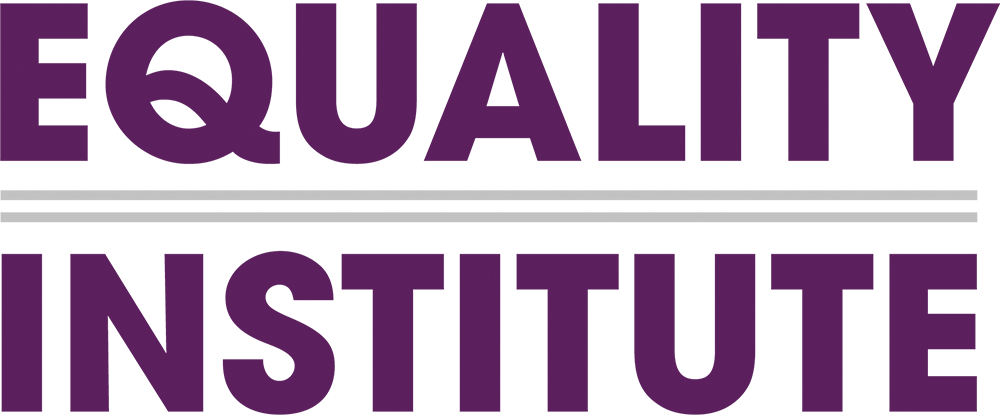5 Things / Overblown
I’ve noticed from your survey responses that many of you work with people who say things like, “We get DEI already and it was overblown to begin with.”
Let’s say that’s true. Let’s say the pendulum swung too far. Let’s say we overcorrected. Even if that were the case, what’s the alternative? Going back to the status quo where exclusion was invisible, and inequity unchecked?
I don’t buy it. I’ve witnessed what happens when people actually feel safe to speak up, when employees don’t have to waste energy hiding, when leaders use their influence to open doors. Productivity soars. Trust grows. Teams win more often.
So if someone insists it’s “overblown,” here’s my response: equity isn’t extra, it’s essential. DEI, or whatever you choose to call it, was not a fad. It’s the infrastructure of trust.
And if you’ve been told otherwise at work, that’s exactly the moment to stand taller, to connect the dots back to your values, to make it about what kind of culture you want to belong to.
If you need help with some of these talking points, reach out to schedule a call!
This Week's Good Vibes:
Rolling change into history
The U.S. Mint honored disability justice activist Stacey Park Milbern with a quarter, the first to depict a woman in a wheelchair, shown in full with her tracheostomy tube visible. Unlike FDR, who appeared as a disembodied head on the dime, this coin challenges the erasure of disability from public memory. Milbern co-founded the Disability Justice framework and built mutual aid networks like the Disability Justice Culture Club, which delivered masks and groceries to high-risk disabled people during COVID. ♐Audit your organization’s symbols and storytelling. Who is visible? Who is missing? Visibility shapes belonging.
Autism housing breaks the mold
Thrive Red Bank in New Jersey is the world’s first neuro-inclusive apartment complex designed specifically for adults with autism. The 34,000-square-foot building will feature 32 one-bedroom units plus a staffed studio apartment, with thoughtful design elements like sensory-friendly spaces, low-voltage lighting, and automatic shut-off appliances. The project combines safe, accessible housing with on-site support so residents can live independently with dignity. This is a blueprint for how design can create true inclusion. ♐Examine how your workplace or community invests in inclusive design: are spaces truly functional for neurodiverse people, or just “good enough”?
Gig workers want more than “flexibility”
An estimated one in four American workers are part of the gig economy, many of whom are members of traditionally marginalized groups. They’re drawn to independence, but left without healthcare, retirement, or paid leave. To bridge that gap, DoorDash piloted a portable benefits program in Pennsylvania, contributing 4% of workers’ earnings into savings accounts. Two-thirds of participants used benefits for basic needs that traditional jobs cover. Note that these policies are only a bandaid fix. ♐Rethink your own benefits policies: are contractors and part-time staff excluded? Explore portable or pro-rated options that prevent burnout and widen access.
Where kids don’t have to hide
In Vermont, one in 25 children has a parent in prison, a reality that often brings stigma, stress, and silence. For 20 years, Camp Agape has been a refuge: a weeklong summer camp just for kids ages 8–12 with incarcerated parents. Here, they swim, craft, sing campfire songs, and most importantly, meet peers who understand. Campers say it is the only place they do not have to hide their family story. Children of incarcerated parents are among the most invisible victims of mass incarceration, disproportionately Black, brown, and low-income. ♐Practice curiosity and patience with kids (and adults) who act out…you may be the one safe person they need.
Denmark takes the tax off reading
Denmark just abolished its 25% sales tax on books, the world’s highest, to reverse what officials call a reading crisis. 🤯One in four Danish 15-year-olds cannot understand a simple text. Neighboring countries like Norway already tax books at 0%. This policy shift is about equity: literacy is a gateway to education, jobs, and participation in civic life, and barriers like high book costs disproportionately impact low-income families. Reducing those barriers acknowledges that access to culture is not a luxury, but a right. ♐Ask what hidden “taxes” or barriers to access exist in your organization? Remove them to make learning, resources, and growth opportunities more equitable.
Good Vibes to Go:
Looking for some fresh data to promote LGBTQ+ inclusion efforts? The Human Rights Campaign foundation reports that companies in the highest Corporate Equality Index score quartile saw average revenue growth of 12.31% over 15 years, more than double the 5.23% growth of companies in the lowest quartile. Read more here.
